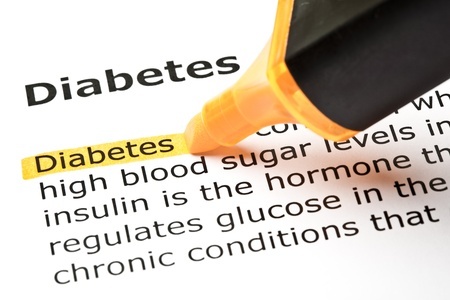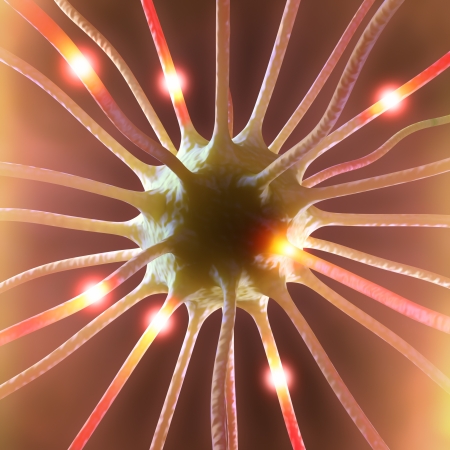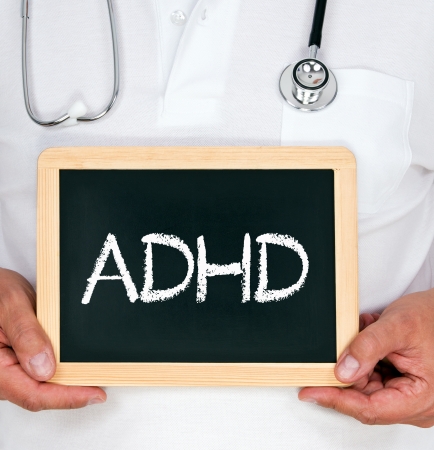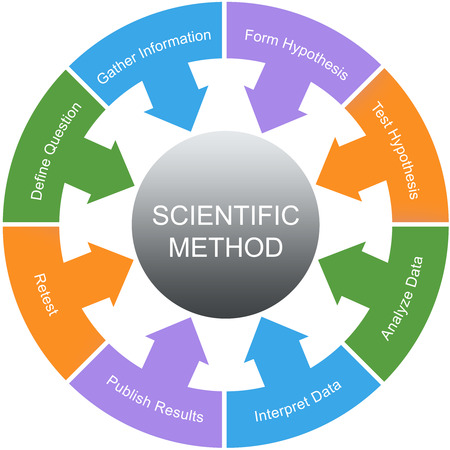Written by SottoPelle The Alarming Statistics Diabetes has become a serious epidemic in the U.S. Approximately 86 million adult Americans (one out of three) have prediabetes.1 And according to 2014 statistics reported by the Centers for Disease Control and Prevention, 29.1 million Americans have actual diabetes. That’s 9.3% of the population!1 These numbers include both… Read More »
Can Hormone Replacement Alleviate Migraines in Menopausal Women?
Written by SottoPelle According to the Migraine Research Foundation, migraine is the 3rd most prevalent and 6th most disabling disease in the world.1 More women than men suffer from these headaches. In fact, the ratio of female to male is 3:1. It is known that a variety of triggers can lead to migraines, but the… Read More »
BHRT for Parkinson’s Disease and Traumatic Brain Injury
Written by SottoPelle BHRT or Bio-identical Hormone Replacement Therapy helps restore hormones such as testosterone, estrogen, and progesterone to their required levels. The hormones are taken from plant sources to produce molecules which are identical to the hormones our body naturally makes. BHRT is both safe and a reliable, and patients who undergo the treatment… Read More »
The Link Between Estradiol Deficiency and Attention Deficit Disorder (ADD)
Written by SottoPelle ADD impacts millions of women and girls, yet many go undiagnosed or misdiagnosed for most of their lives.1 It’s a disorder that manifests in childhood, but has never been easily recognized in girls. For a lot of years, ADD was thought to be a boys’ phenomenon. Now we know better. ADD simply… Read More »
The Science Behind the Safety & Effectiveness of Bioidentical Hormones
Written by SottoPelle The grip that pharmaceutical companies have on the HRT industry is slowly loosening. Increasing numbers of physicians and their patients are choosing bioidentical hormones over synthetic or animal-derived versions. The reason for the new wave of bioidentical hormone users can likely be attributed to more widespread awareness of the risks and side… Read More »





